*Jesus is great
*Many are the boasts of men, but no man can guarantee his own life, or the life of another, but Jesus can.
I treasure the hymn penned by Martin Luther (A Mighty Fortess Is Our God), words inspired by Psalm 46:7. Allow me to quote the second stanza:
Did we in our own strength confide, our striving would be losing
Were not the right man on our side, the man of God’s own choosing
Dost ask who that might be? Christ Jesus it is He
Lord Sabbath His name, from age to age the same, and He must win the battle.
v.1
David addresses his Psalm as a Miktam. We’re not completely sure what that word means, although I love the sound of it. A Miktam seems to be a kind of prayer, a prayer into the depths of God. Spurgeon is often quoted, calling a Miktam “The Golden Psalm,” while others acknowledge the word embraces the thought of a precious jewel.
It seems David is in trouble, saying, “Preserve me O God,” and then asking to find, “Refuge” in Him.
Preserve in Hebrew is shamar, and means to guard. David dives into the mystery of God by asking God to take care of him, and he does so confidently.
v.2
There is a word play in the text worth pursuing.
In verse 1, the Hebrew word for God is simply El, short for Elohim.
In verse 2, the Hebrew word for God looks like this in the English Bible – LORD. Notice the word is capitalized, that is not a grammatical error, it is a signal. When LORD is in all caps it is a direct reference to the divine name God gave to Moses, YHWH.
In verse 2 David goes on to say, You are my Lord. The second mentioning of the word “Lord” is not capitalized, and that again is on purpose. The divine name of God – YHWH is sacred. David worked around that by using the word common name for master/Lord, which is Adonai.
Allow me to pull these thoughts together.
El means the mighty one over all others.
YHWH means the God who simply is, and always will be.
Adonai means master in a personal way, as in master of the house.
So here is an in depth look into the mystery David’s is exploring:
Preserve me mighty one, for in you I take refuge.
I say to the one who is and will always be, you are the master of my house, I have no good apart from you.
For a greater look at this concept, click on this short video:
v3.
Saints in both Testaments means to be holy and set apart. Excellent or majestic ones comes from the word for nobility.
David would have deeply understood the word he used for delight. It is first seen in the Bible when Samuel rebuked King Saul saying, “Has the Lord as great a delight in burnt sacrifices, as in obeying the voice of the Lord. Behold to obey is better than sacrifice, and to listen than the fat of rams” (I Samuel 15:22).
v.4
In reality, the people of God, and in this instance King David, have always been a minority. The majority culture around David had dramatically different ways of addressing God, most of which included various forms of child sacrifice, or lew sexual practices, or things like that. David has seen enough to know, their worldview leads to sorrow, and their depravity is too dark to even mention.
v.5 – 8
My portion is what belongs to me, my cup is what I consume. Some are presented with a healthy and fantastic meal, but choose not to eat it. David tells God, whatever you give as my portion, I will put in my cup, and drink it to the full.
The lot mentioned relates to David’s life, a confident praise, saying, “God my life is in your hands.”
Boundaries are borders designed for protection, they are walls marking where we begin and end. David blessed the Lord for what had happened to his boundaries, the small lines appointed for a shepherd were expanded to make room for a great king.
The beautiful inheritance, along with the phrase, the lines have fallen for me in pleasant places, indicate David has reached a place of contentment few humans attain. His words mirror Paul, “I have learned in whatever situation I am in to be content. I know how to be brought low, and I know how to abound. In any and every circumstance, I have learned the secret of facing plenty and hunger and need. I can do all things through him who strengthens me” (Philippians 4:11-13).
v.9
David pens perfect words describing a man loving and praising God.
v.10
Verse ten is arguably the most important verse in the entire book of Psalms. When Jesus walked the Emmaus road (Luke 24:13), he explained all scripture, and most likely came to this exact passage. We know that because Peter was his disciple, and after Pentecost put into action all the Bible studies he heard from the Master. Peter quotes this text in Acts 2:25-31 and gives an updated commentary to the passage.
In Acts 13:35 Paul does the same thing.
Both Peter and Paul emphasized Christ in all scripture, his death for sin, and victorious resurrection from the dead.
v.11
In all of my bibles, this page is wrinkled with tears, O the thousands of times I have found great comfort and lasting happiness in those words.





